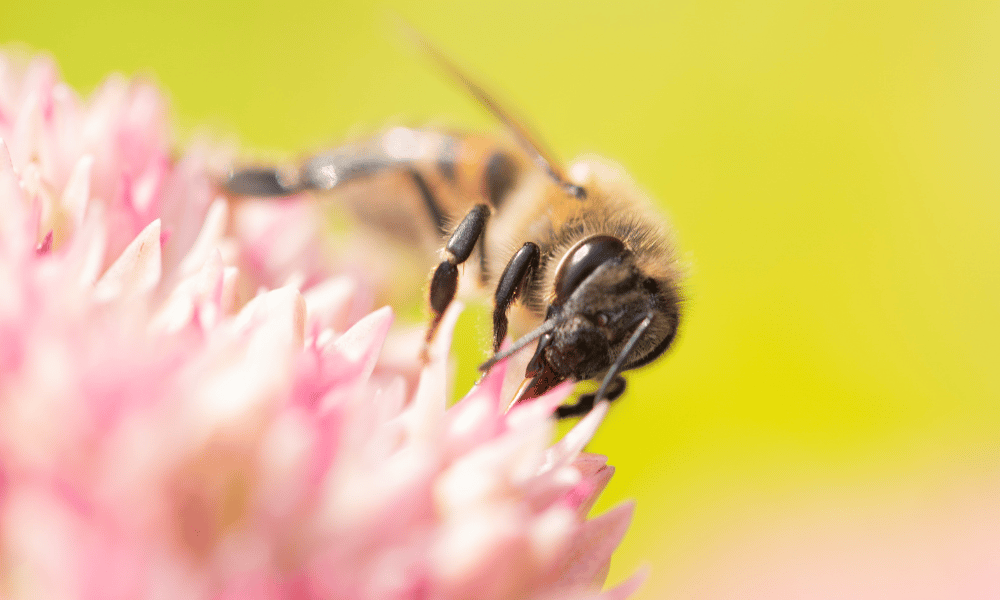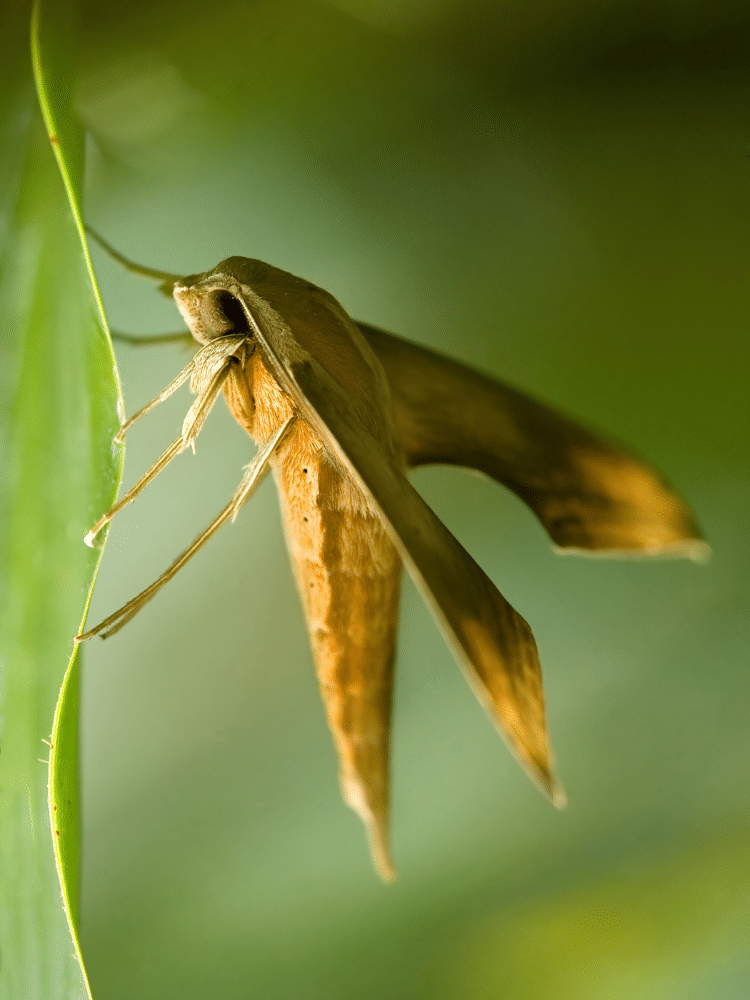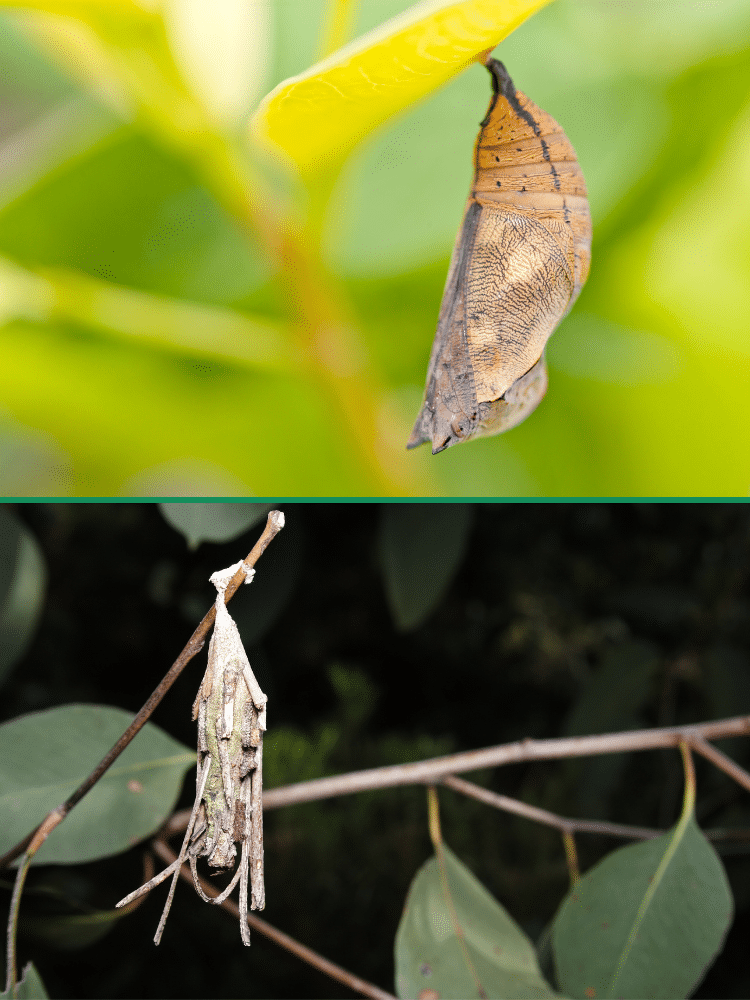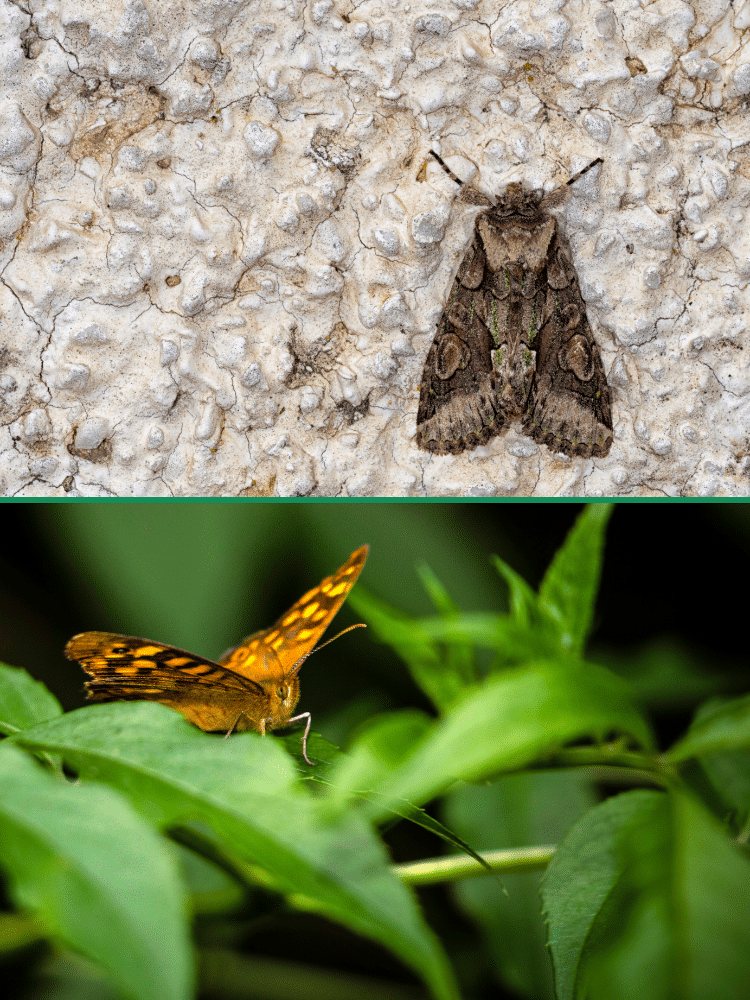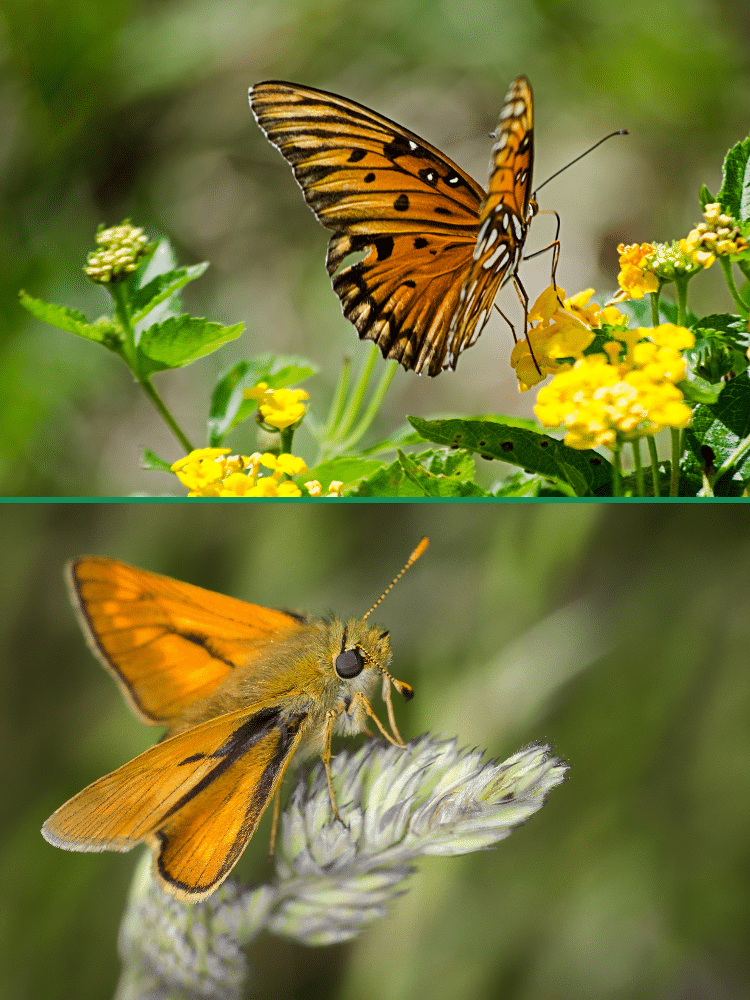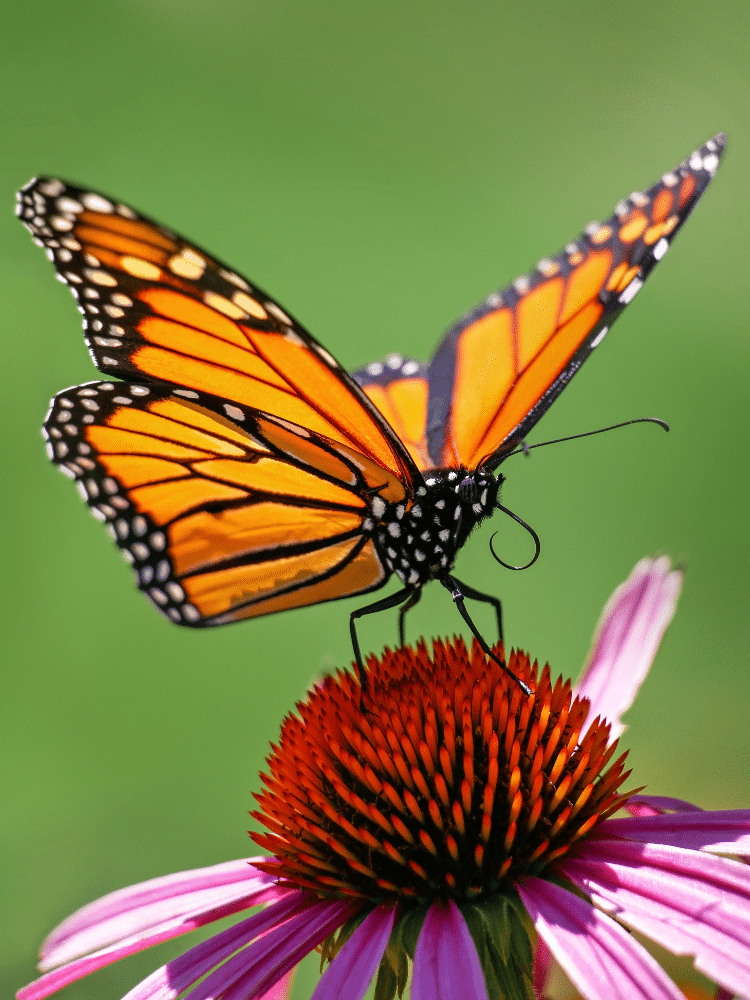We constantly hear how important bees are for us and the wider planet. But why is the reason for this? Why are honey bees important? What do they really do for us?
Honey bees are important because they are the most effective pollinators out of all the pollinating insects and birds. This is because every part of their bodies, lifestyles, and habits is adapted to be efficient pollen carriers.
Bees, like bumble bees, have fuzzy bodies that allow pollen to stick to them as they fly flower to flower, easily pollinating the flowers in the process.
Honey bees are very efficient and effective pollinators as well. Since honey bees need pollen to make honey to sustain themselves and their colony, honey bees can and do collect pollen from many flowers at once.
Female worker bees will spend all day loading up on pollen in their pollen sacs before heading back to the hive.
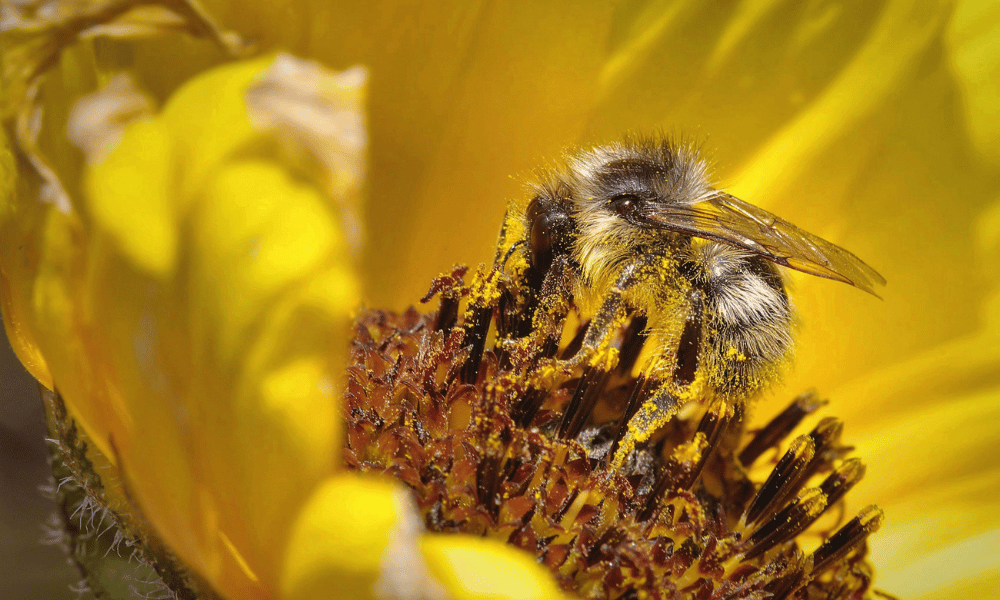
What Would Happen If Honey Bees Went Extinct?
It is estimated that honey bees are responsible for 80-90% of the world’s pollination. While there are other types of bees as well as wasps, butterflies, and even some birds that also pollinate plants, honey bees tend to be the most efficient.
This is because the amount of time honey bees spend on flowers gathering pollen is far greater than the amount of time other bees, wasps, or birds spend on flowers.
Honey bees use pollen to create honey in their hives to help sustain themselves and their colony over long winters.
Honey bees are vital and important to the world’s ecosystems. Luckily, honey bees are not currently at risk of becoming endangered. Thanks to vigorous work from beekeepers and bee enthusiasts, honey bees are currently safe and, for the most part, thriving.
Honey bees have many natural predators. Hornets will attack and kill honey bees, sometimes even taking out entire colonies. Bears also love honey bees and will tear open beehives to get honey and eat bees.
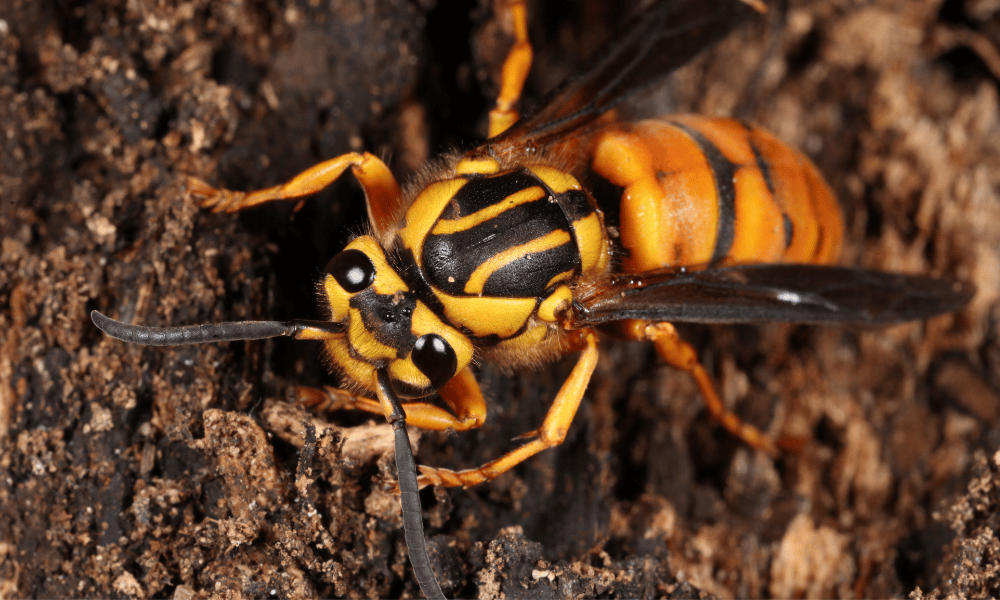
Climate change is another big concern for honey and all other types of bees and pollinators. Longer and colder winters are preventing the early spring flowers from blooming on time.
When the bees awaken from their hive and go out looking for pollen to replenish their honey supply, they are finding barren and frozen land with no flowers. Leaving dandelions and planting pollinator-friendly plants in the early spring will help keep our pollinators happy and healthy.
Bees are also losing their habitats. Thanks to more development of homes, buildings, and roads, more and more land is being deforested. Without the natural cover and places to grow their hives undisturbed, many bees attempt to build nests in populated areas.
Humans can live and coexist with bees, but due to the fear of these flying insects, many people call exterminators to have these nests taken care of.
When farmers grow acres and acres of crops, they take away the chance of food for bees migrating or looking for food. Most often, farmers plant a single type of crop and many crops do not necessarily feed bees well.
If farmers would plant small patches of wildflowers like milkweed or dandelions, bees would have a space to rest and fuel up before making the long journey back to their hives.
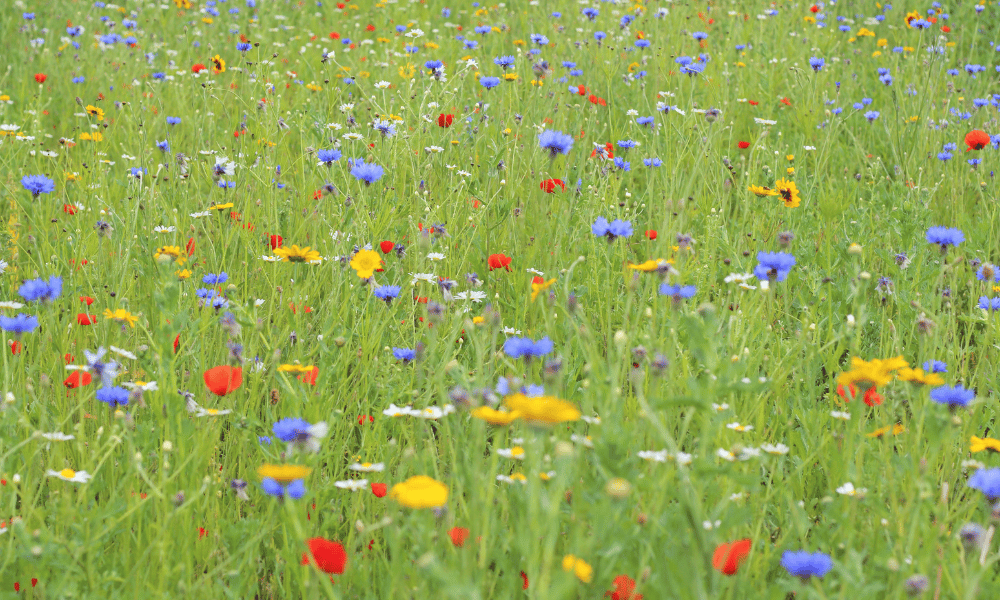
No, we could not survive completely without bees, not as a population of over 8 billion people. Bees are responsible for roughly 1 in every 3 bites of food you take.
Albert Einstein is reported to have said the following about the importance of bees and our reliance on them: “If the bee disappears from the surface of the Earth, man would have no more than four years left to live.”
Why are Bees So Important to the World?
Bees provide pollination for the world’s plants, crops, and flowers. Every continent, except for Antarctica, has native bee species. Bees are biologically designed to be the perfect pollinators for their communities.
Whether they are solitary carpenter bees, big fuzzy bumblebees, or busy worker honey bees, bees have one main goal in life: Drink nectar.
In the process of drinking nectar, bees will get pollen on them. In some species, they collect pollen on their back legs in pollen sacs to bring back to their homes. For honey bees, they use this pollen to make honey, royal jelly, and propolis.
If bees were to go extinct, there would be other pollinators. In fact, the hoverfly is a wonderful and efficient pollinator itself. Hoverflies are the master of disguise and if you have seen a bee that seems to be hovering in one place before zipping off, you probably saw a hoverfly that looked like a bee.
These hoverflies range in looks from wasps to bees and everything in between and are wonderful pollinators if given a chance. However, without the bee populations, it would be hard for hoverflies, wasps, and birds to be able to keep up with the pollination demands.
Want to Attract Bees to Your Garden?
We’ve Put Together a Complete Guide to Attracting Bees to Your Garden Including Our Top 14 Plants You NEED to Have in Your Garden:
Summary
Protecting our bee populations is vital. Without the bees, there would be a lack of pollinators to help pollinate our crops, flowers, and other plants. The entire ecosystem could collapse without these small but mighty insects.
Bee populations are in decline due to predators, deforestation, lack of food sources, and climate change. We can help protect these pollinators by planting pollinator-friendly food sources, like milkweed, dandelions, and wildflowers, in places that are scarce of pollinator-friendly plants.
While the honey bee population is safe for now, thanks to beekeepers domesticating these bees and raising them as livestock, other bee species are in rapid decline. Act now and urge others to act as well to protect these vital creatures from extinction.


